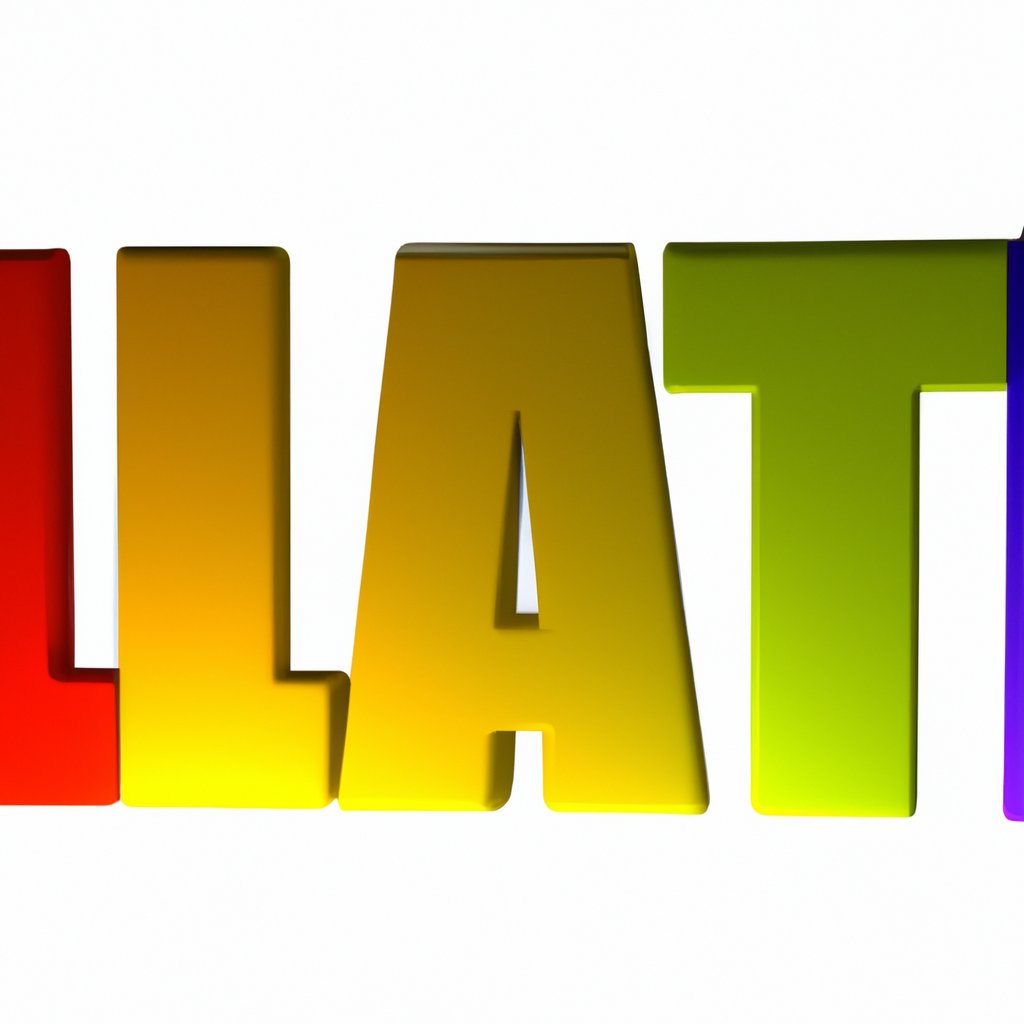The LGBT community (lesbian, gay, bisexual, and transgender) should have equal rights and be accepted all around the world. Unfortunately, discrimination and violence against members of the LGBT community still exist in many parts of the world.
It is important to recognize that all individuals, regardless of their sexual orientation or gender identity, are entitled to the same basic human rights and freedoms as everyone else. This includes the right to live their lives without fear of discrimination or persecution, to express themselves freely, and to access the same opportunities as their heterosexual and cisgender counterparts. Should the world support the LGBT community ?

Many countries have made significant progress in recognizing the rights of the LGBT community, including legalizing same-sex marriage, providing anti-discrimination protections, and supporting LGBT rights organizations. However, there is still much work to be done to achieve full equality and acceptance for LGBT individuals around the world.
By promoting greater awareness and understanding of LGBT issues, supporting LGBT rights organizations, and advocating for legal protections and equal rights for all individuals, we can work towards creating a more inclusive and accepting world for everyone, regardless of their sexual orientation or gender identity.
What’s the Africans point of view?
It is important to note that the views and opinions of individuals in Africa on the LGBT community are diverse and complex, and it would be unfair to make broad generalizations about an entire continent.
However, there are some cultural and religious factors that have contributed to negative attitudes towards the LGBT community in some African countries.
In many African societies, there is a strong emphasis on traditional gender roles and norms, which can lead to negative attitudes towards individuals who do not conform to these norms. Additionally, many African countries are deeply religious, with Christianity and Islam being the dominant religions. Some interpretations of these religions view homosexuality as a sin or a moral wrongdoing, which can contribute to negative attitudes towards LGBT individuals.
Furthermore, in some African countries, there are laws and policies that criminalize homosexuality, and individuals who identify as LGBT can face persecution and discrimination, including violence, harassment, and arrests. This can contribute to a culture of fear and secrecy around LGBT issues, making it difficult for individuals to openly express their sexual orientation or gender identity.
It’s important to note, however, that attitudes towards the LGBT community are changing in some parts of Africa, with greater acceptance and support for LGBT rights and equality. Organizations and activists are working to challenge negative attitudes and promote greater understanding and acceptance of the LGBT community.
It is important to recognize that LGBT individuals living in countries that do not accept or support them face significant challenges and difficulties. These challenges can include discrimination, harassment, and violence, as well as legal and social barriers to accessing healthcare, education, employment, and housing.
In some countries, laws and policies criminalize homosexuality, and individuals who identify as LGBT can face imprisonment, fines, or even the death penalty. These laws can create an environment of fear and persecution for LGBT individuals, making it difficult for them to openly express their sexual orientation or gender identity.
However, even in countries where LGBT individuals face legal and social barriers, there are often organizations and individuals working to support and advocate for their rights. These organizations provide services such as counseling, healthcare, and legal assistance, as well as advocacy and awareness-raising activities to challenge discrimination and promote greater acceptance and understanding of the LGBT community.
It’s important to remember that every individual, regardless of their sexual orientation or gender identity, deserves to be treated with dignity and respect. By supporting LGBT rights organizations and advocating for equality and acceptance for all individuals, we can work towards creating a more inclusive and accepting world for everyone.
It is important to note that laws and policies related to the LGBT community can change rapidly, and there may be variations in how these laws are enforced or applied in practice. Additionally, attitudes towards the LGBT community can vary widely within a given country, and it is not accurate to assume that every individual in a particular country holds the same views.
With those caveats in mind, here are some countries that have laws or policies that are known to be hostile towards the LGBT community:
- Afghanistan
- Algeria
- Angola
- Bangladesh
- Brunei
- Egypt
- Gambia
- Ghana
- Iran
- Iraq
- Kenya
- Kuwait
- Lebanon
- Libya
- Malaysia
- Maldives
- Mauritania
- Morocco
- Nigeria
- Oman
- Pakistan
- Qatar
- Saudi Arabia
- Senegal
- Somalia
- Sudan
- Syria
- Tanzania
- Tunisia
- Uganda
- United Arab Emirates
- Yemen
Please note that this list is not exhaustive, and laws and policies related to the LGBT community can vary widely within a given country. It’s also important to note that while some countries have laws that are explicitly hostile towards the LGBT community, many other countries have more subtle forms of discrimination or social stigma that can make life difficult for LGBT individuals.